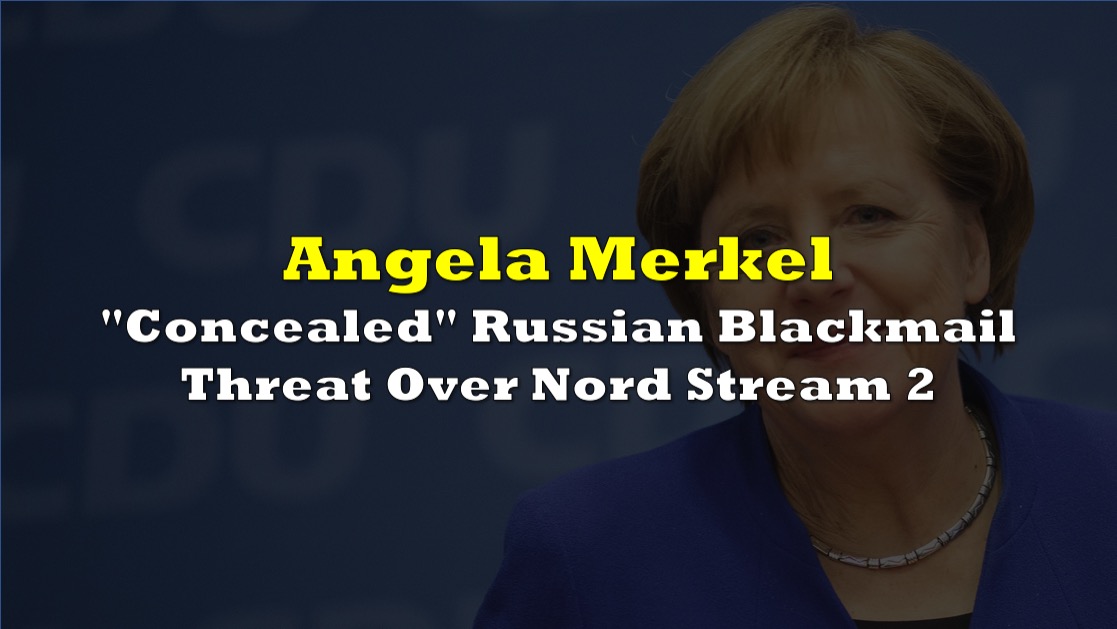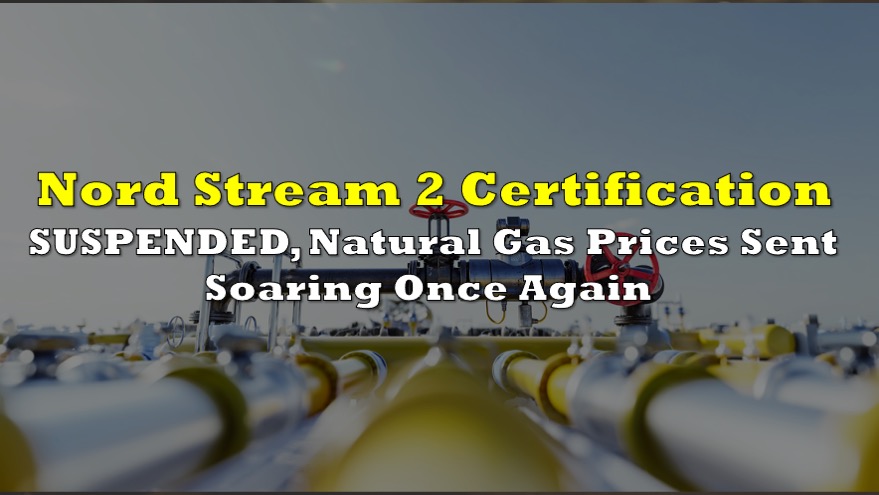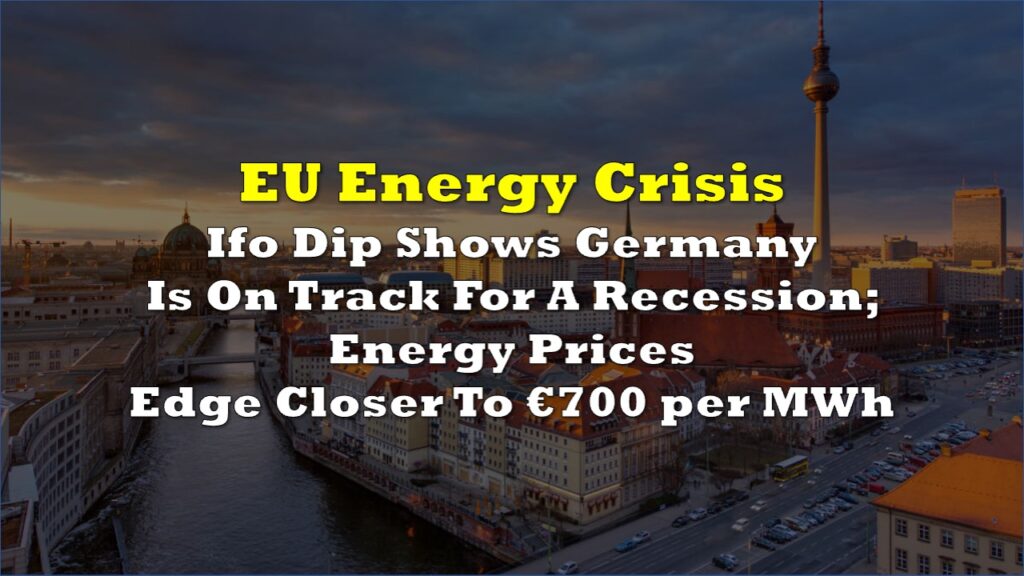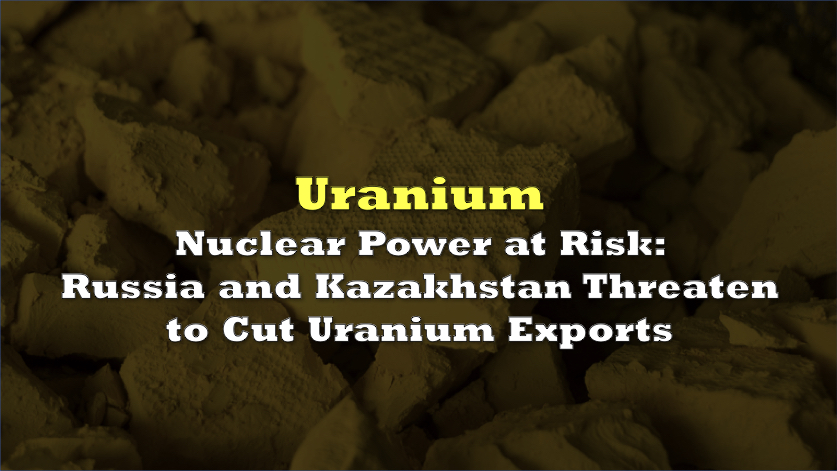Former German Chancellor Angela Merkel has come under fire following revelations that she concealed information regarding potential Russian blackmail over the Nord Stream 2 gas pipeline. According to Handelsblatt, Germany’s economy ministry had warned of severe risks associated with the project, contradicting Merkel’s public assurances.
This latest disclosure comes amid a burgeoning political scandal in Germany. Investigative journalists from Süddeutsche Zeitung and other outlets have uncovered evidence suggesting that high-ranking officials knowingly advanced the Nord Stream 2 pipeline project despite widespread opposition and potential geopolitical risks.
Bundestag member Sebastian Schäfer highlighted the extensive efforts by coalition governments to cement Germany’s energy dependency on Russia. “Grand coalitions, ministers of economic affairs from CDU/CSU and SPD, have done a lot to cement our energy dependency on Russia. The interests of Ukraine were completely secondary. There is still much to be worked out,” Schäfer stated.
The controversy centers on the Nord Stream 2 pipeline, intended to double the flow of gas from Russia to Germany. Despite Russia’s annexation of Crimea in 2014 and its aggressive posture towards Ukraine, the Merkel administration pushed forward with the project. Documents from the Federal Ministry for Economic Affairs and Energy, including memos to former ministers like Sigmar Gabriel and briefing notes for Merkel, reveal a persistent effort to advance the pipeline, often disregarding resistance from Eastern Europe, Brussels, and Washington.
A particularly telling document from June 2014, shortly after the Crimea annexation, advised that Germany would remain dependent on Russian gas for the foreseeable future. Despite recognizing the geopolitical risks, the document concluded that a complete cessation of Russian gas imports was unfeasible for “years and decades.”
The released documents expose how the Merkel administration and the Nord Stream consortium collaborated closely to overcome opposition. Regular meetings between government officials and pipeline managers were documented, including a significant meeting on July 6, 2016, to discuss the project’s progress.
In November 2015, high-ranking officials from various ministries, including the Chancellery and the Ministry of Economic Affairs, developed a defensive strategy against accusations that Germany was undermining European solidarity and Ukraine by advancing Nord Stream 2. The official line was that Nord Stream 2 was a “private sector project,” a claim now thoroughly debunked by the released documents.
Extensive lobbying efforts by the German government to mitigate international backlash were also detailed. Former German Ambassador to the U.S., Peter Wittig, defended the pipeline in Washington, arguing against its portrayal as a politically motivated German-Russian project. Despite significant opposition from the U.S. and European allies, the German government remained steadfast in its support for Nord Stream 2.
The administration of then-U.S. President Donald Trump imposed sanctions on entities involved in the pipeline, a move intended to halt its progress. However, the project continued, bolstered by a climate and environmental foundation in Mecklenburg-Vorpommern aimed at circumventing U.S. sanctions.
In January 2021, U.S. President Joe Biden took office in the White House. On both sides of the Atlantic, the desire for a compromise grew. “Our interest: ‘calm the waves/de-escalation,’” stated a document prepared for Minister of Economic Affairs Peter Altmaier. The sanctions were eased, and Nord Stream 2 AG avoided punishment. The German embassy commented on this as a “significant concession” and a “preliminary gesture” from Biden. He sought reconciliation with German friends, even though he remained critical of the pipeline.
The Nord Stream 2 pipeline, a 1,230-kilometer-long project from Russia to Germany, was completed in 2021 but never became operational due to regulatory and geopolitical hurdles. Following Russia’s invasion of Ukraine in February 2022, the EU imposed significant sanctions on Russia’s energy sector, leading to reduced energy supplies from Moscow to Europe and delaying the pipeline’s operational status further. The pipeline was also damaged by explosions in September 2022, which have since been classified as acts of sabotage, complicating the future of the project even more.
Reacting to these reports, Vice-Chancellor Robert Habeck criticized the previous government’s actions, calling them a “historic mistake.” He stated, “We should have never made ourselves dependent on Putin’s gas.” Felix Banaszak, a Green MP, demanded a public inquiry, labeling Nord Stream 2 “the biggest economic, energy, and foreign policy failure since the founding of the federal republic.”
Information for this briefing was found via The Telegraph, Süddeutsche Zeitung, and the sources mentioned. The author has no securities or affiliations related to this organization. Not a recommendation to buy or sell. Always do additional research and consult a professional before purchasing a security. The author holds no licenses.











